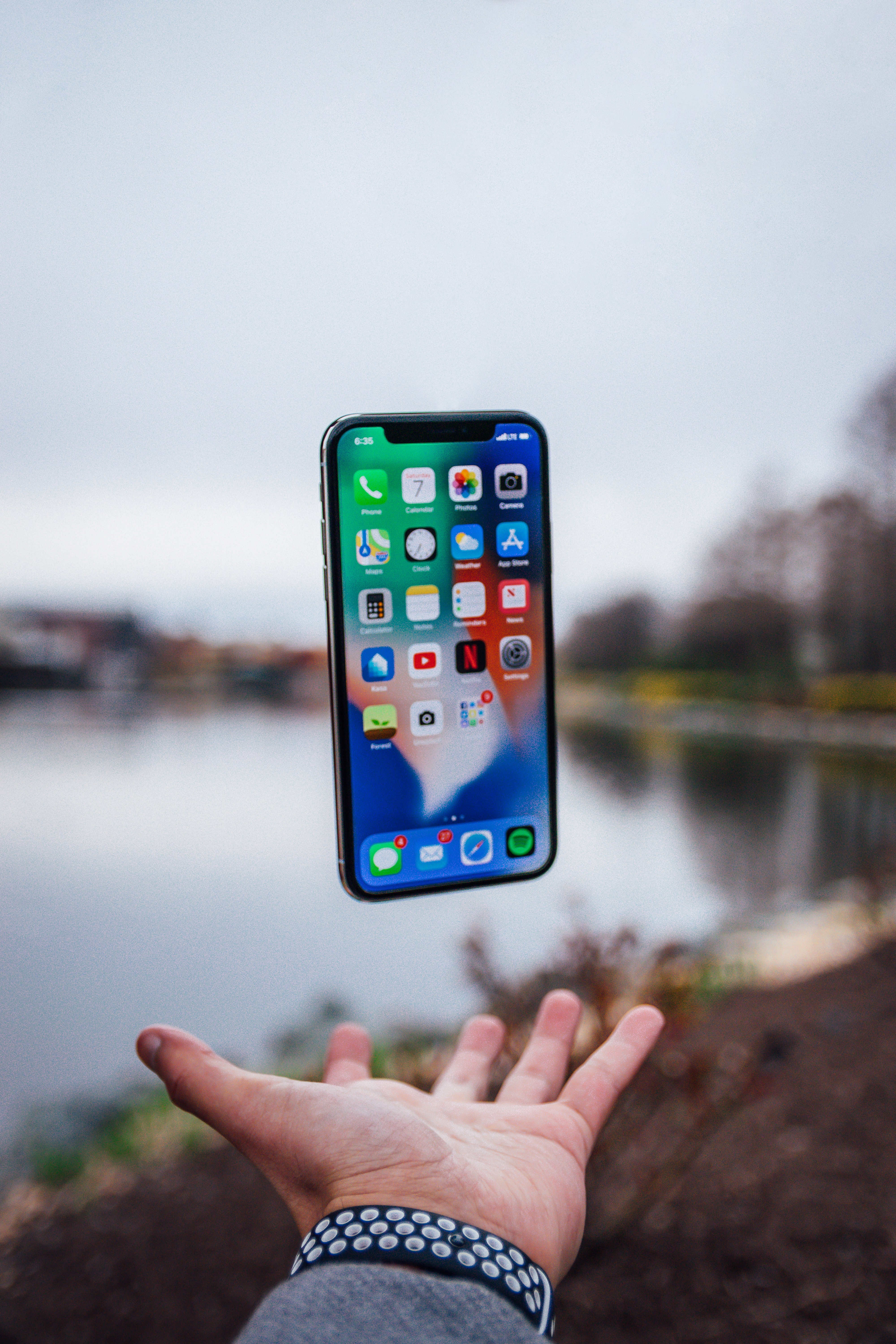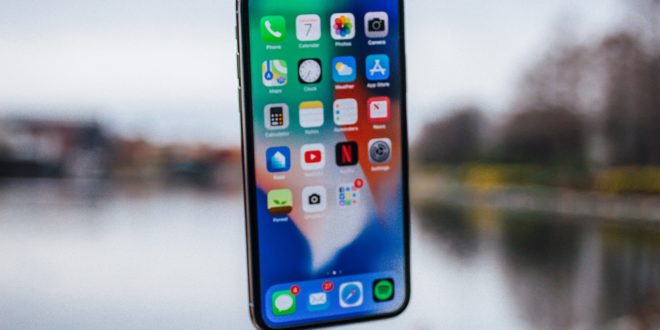 Remember the days when we used to talk about kids, mobiles and addiction all in the same breath? We were horrified at the amount of time they spent staring at their screens, that they texted while hanging out with their friends, scrolled through social media sites at the dinner table, and went to bed with their phones turned on next to their pillows. Next thing we knew, it was parents who had taken up the mobile addiction. Mums and dads pushed prams with a phone clamped to one ear, or sat heads down texting at the playground while their children amused themselves on the swings. But now, like it or not, it’s time we included ourselves among those who are becoming seriously addicted to their mobiles.
Remember the days when we used to talk about kids, mobiles and addiction all in the same breath? We were horrified at the amount of time they spent staring at their screens, that they texted while hanging out with their friends, scrolled through social media sites at the dinner table, and went to bed with their phones turned on next to their pillows. Next thing we knew, it was parents who had taken up the mobile addiction. Mums and dads pushed prams with a phone clamped to one ear, or sat heads down texting at the playground while their children amused themselves on the swings. But now, like it or not, it’s time we included ourselves among those who are becoming seriously addicted to their mobiles.
It’s no wonder phone addiction among grownups is such a real phenomenon given that a mobile can help alleviate the many challenges life throws at seniors. With loneliness among the retired reaching epidemic proportions, a smartphone helps keep us in touch with children and grandchildren who are too busy to visit or who are living and travelling abroad. As mobility decreases, smartphones can help us to shop online and have the goods delivered to our door. We can bet and play games online, chat with like-minded individuals despite never having met them, access health advice, and belong ‘virtually’ to a club. We can educate ourselves, and even find a partner – all via our mobile and the internet. What’s more, research shows that some mobile apps can have positive cognitive results in seniors by improving their memory and reasoning skills, encouraging fitness, and promoting the self-management of mental illnesses such as depression.
So what’s the concern about seldom putting our phones down? The problem, it seems, is that by prioritising our phones over the people we meet face to face, we can quickly alienate friends and family, sending out the signal to them that they are somehow second best. We can also be tempted to opt-out of the non-virtual clubs we belong to, and to eschew community activities. When we do decide to engage with people face to face, it can be to discover we are intolerant of interactions that take more than a few seconds, or that we have lost interest in any conversation that does not provide us with the sort of information we want. A dissatisfaction develops with real life and real people and, before we know it, we are more isolated than ever. What’s possibly worse is that we lose touch with ourselves and our partners. The sleepy good night kiss is replaced by a scroll through Facebook, the breakfast table conversation disappears in favour of the online news. We may go out together for coffee, but the moment we sit down, out come the phones.
If you are concerned that you’re addicted or becoming addicted to your mobile phone, there are (ironic though it may sound) apps to help. But in the meantime, one of the simplest things you can do is go to your Facebook page, click ‘Settings & Privacy’, then ‘Your Time on Facebook’ and learn how to track your usage, manage your time, and turn off notifications. After that, schedule a few ‘leave the phone at home’ outings and turn off your device before you go to bed. No one’s saying it will be easy, but the benefits are bound to outweigh the withdrawal symptoms.









Join the Discussion
Type out your comment here:
You must be logged in to post a comment.